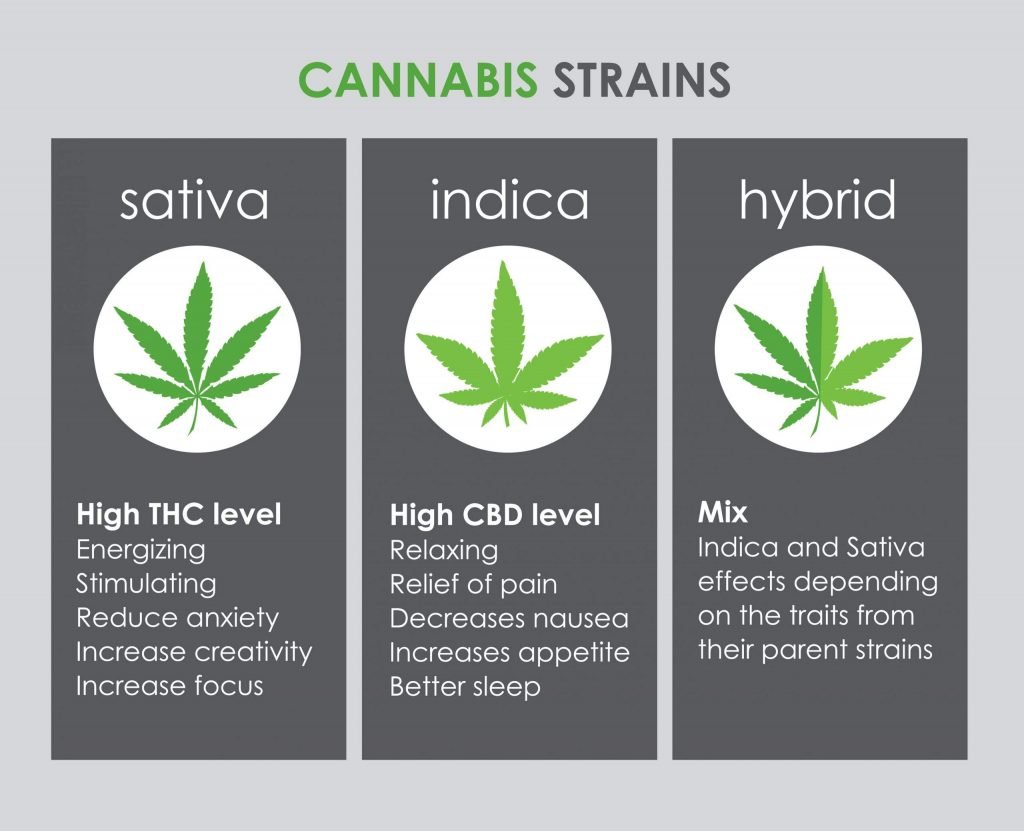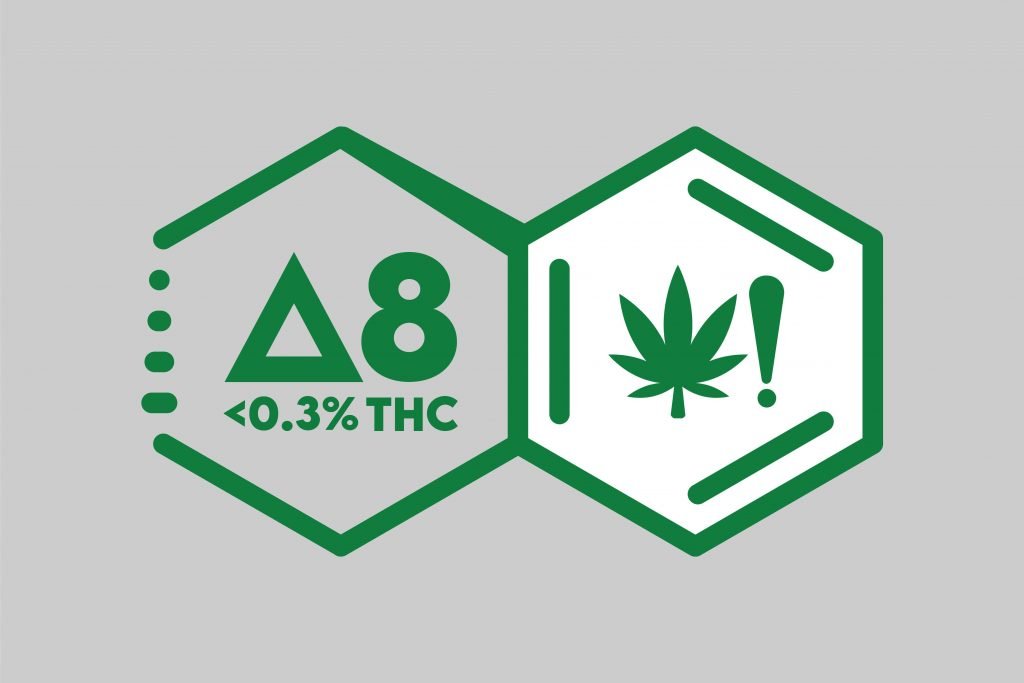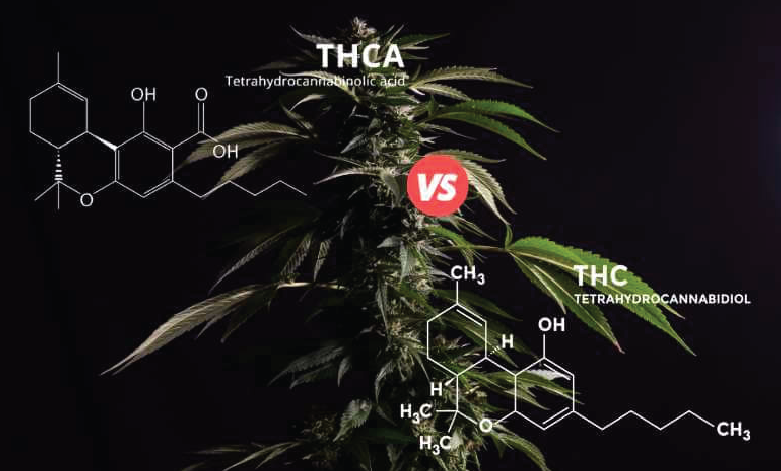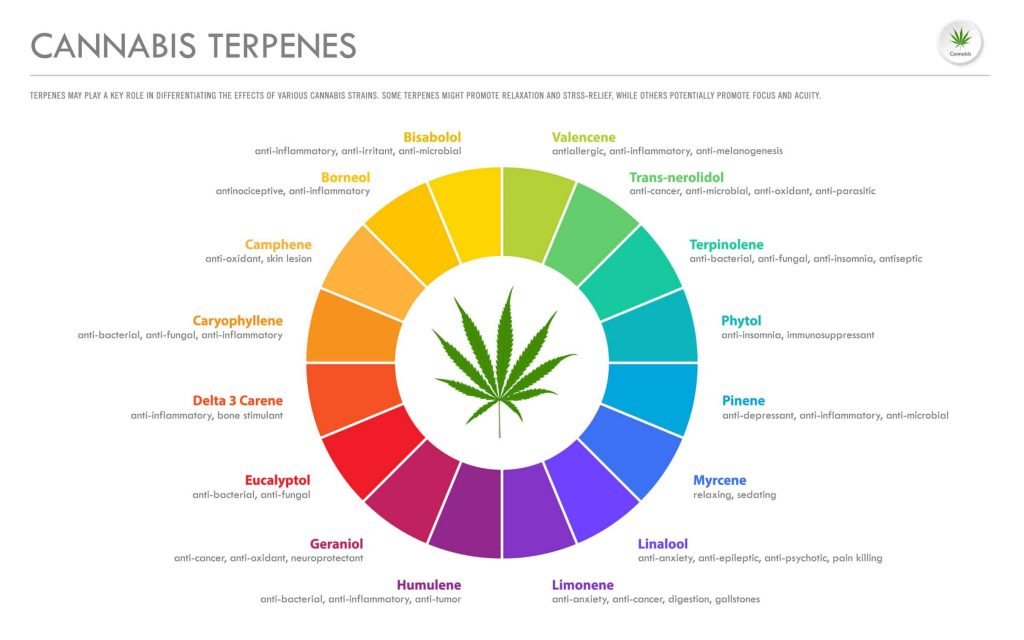The Versatile World of Hemp: Exploring Its Many Uses

The Versatile World of Hemp: Exploring Its Many Uses
Introduction
Hemp is one of the most versatile plants in the world, with uses ranging from textiles and building materials to food and wellness products. Unlike its cousin cannabis, hemp contains very low levels of THC, making it non-psychoactive and legal in many parts of the world. As a renewable resource that requires minimal water and pesticides, hemp has gained popularity as a sustainable solution across various industries.
In this article, we’ll explore the wide range of applications for hemp, showcasing its importance in today’s eco-conscious world.
Hemp in Textiles and Fabrics
One of the oldest uses of hemp is in the production of textiles. Hemp fibers are known for their strength and durability, making them ideal for producing clothing, ropes, and even sails. Unlike cotton, hemp is a more sustainable crop because it uses less water and grows faster. Modern innovations have made hemp fabric softer and more comfortable, allowing it to be used in a wide range of eco-friendly clothing options.
- Hemp Clothing: Clothing made from hemp fibers is breathable, durable, and biodegradable, making it a popular choice for those looking to reduce their environmental footprint.
Hemp in Building Materials
Hemp’s strength isn’t limited to textiles. It’s also becoming a key material in the construction industry. Hempcrete, a bio-composite material made from the inner woody core of the hemp plant mixed with a lime binder, is gaining attention as an eco-friendly building material. It offers insulation, fire resistance, and mold resistance, making it a sustainable alternative to traditional building materials.
- Hempcrete: Lightweight yet strong, hempcrete is an ideal material for sustainable building projects. It’s also carbon-negative, meaning it can help reduce carbon emissions.
Hemp in Food and Nutrition
Hemp seeds are a nutritional powerhouse. They contain high levels of protein, omega-3, and omega-6 fatty acids, as well as important minerals like magnesium and iron. Hemp seeds can be eaten raw, turned into hemp oil, or used to make hemp-based products like milk and protein powder.
- Hemp Seeds: These small seeds are packed with nutrients, making them a popular addition to smoothies, salads, and health bars.
- Hemp Protein: A plant-based source of protein, hemp protein is a great option for vegans and those looking for a clean protein source.
Hemp in Wellness Products
With the rise of CBD (cannabidiol) products, hemp has found a significant place in the wellness industry. Hemp-derived CBD is non-psychoactive but offers potential benefits such as reducing anxiety, alleviating pain, and improving sleep. From CBD oils to topicals and edibles, hemp is becoming a major player in the health and wellness space.
Hemp as a Sustainable Crop
Hemp is not only versatile in its uses but also in how it grows. Hemp cultivation requires fewer pesticides and herbicides compared to traditional crops, making it a more environmentally friendly option. It also has a short growth cycle, allowing for multiple harvests in a single season. Furthermore, hemp plants rejuvenate the soil, improving its health for future crops.
Conclusion: Hemp’s Importance in a Sustainable Future
As the world looks for more sustainable and eco-friendly solutions, hemp stands out as a plant that can make a significant impact across multiple industries. From clothing and building materials to food and wellness products, hemp is paving the way for a greener future. Explore the wide range of hemp-related information in our articles page and discover how this plant can benefit both you and the planet.
Share Your Thoughts
How do you incorporate hemp into your lifestyle? Let us know in the comments about your favorite hemp products and their benefits!







